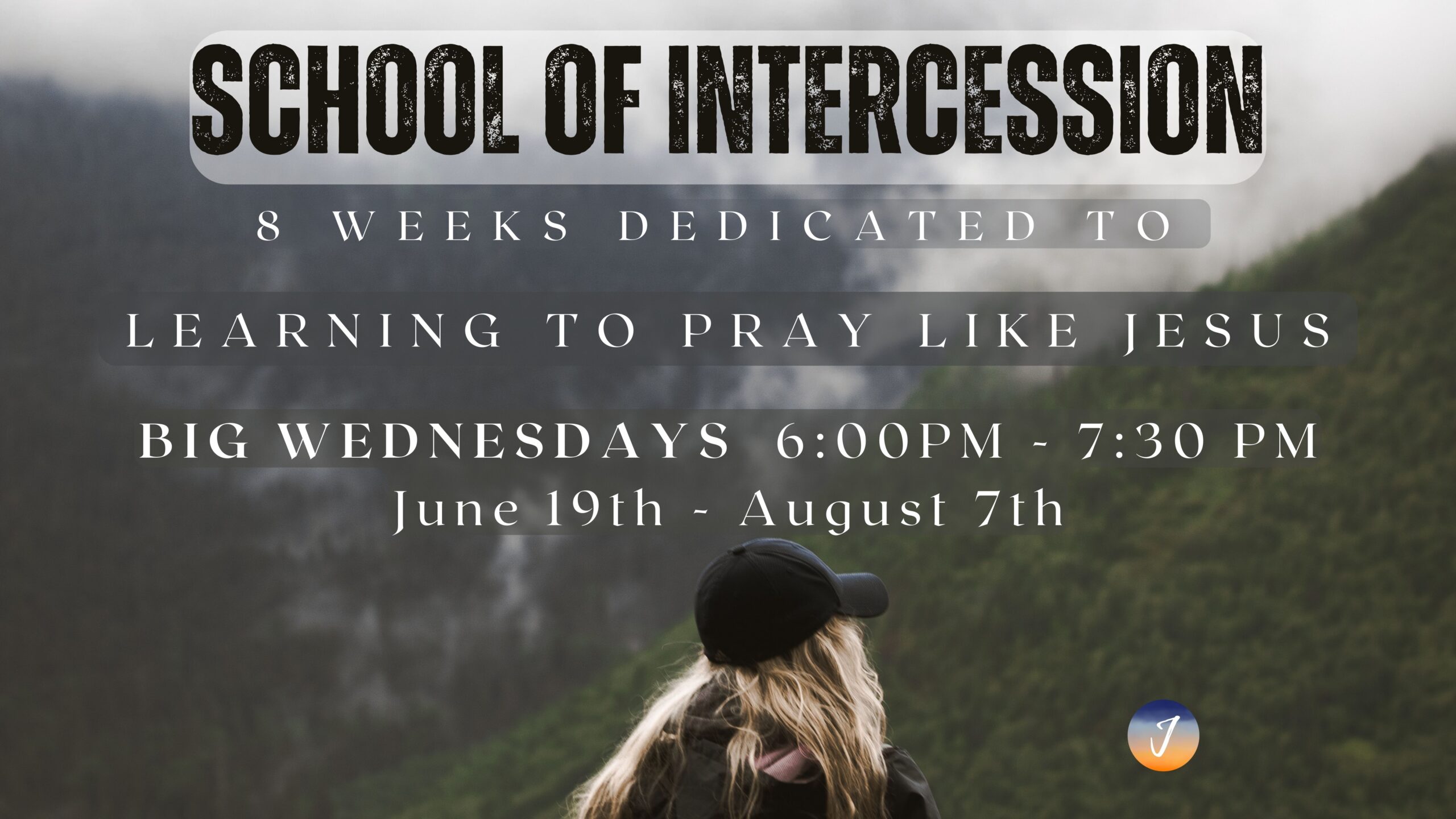Imagine yourself a young Moabite woman living amongst your own people, in your own land, when this strange family moves into your village. They are from the land of Israel, from a small village called Bethlehem. They have strange customs and beliefs. You feel drawn. Overtime you find yourself in love, not just with the family, but with one of the sons. You marry.
Then, the unthinkable happens. Your husband dies, as does his brother and your father in law. All the men are dead. After the mourning, your mother in law, Naomi, informs you and your sister in law that she is returning home. The famine, that had led the family to Moab, has ended.
You and your sister in law, Orpah, decide you’re going with her. Naomi commends and thanks both of you, but says, “No.”
Orpah leaves, but not you. You refuse; this family, their customs and beliefs have captured your heart.
“Your people shall be my people, your God, my God. Where you die I will die, and there I will be buried.” Ruth 1:16, 17
Ruth chose relationship over blessing. And from there, she began her miraculous transformation into an Israelite. Love now led to leaving all and following Naomi into a new place.
But Naomi, in her bitterness, arrives home with this false identity received through her misfortunes.
“Do not call me Naomi; call me Mara for the Almighty has dealt very bitterly with me. For I went out full and the Lord has brought me home empty.” Ruth 1: 20, 21
Imagine yourself as Ruth, a stranger in a strange land. You have promised yourself to these people and their God. You find that the only person you know is floundering in bitterness and depression. There, Naomi sits.
What are you going to do? Did you make a mistake joining yourself to these people and their God? “No” you decide. “I will see this through, no matter where it takes me.”
Ruth begins by serving Naomi—gleaning fields. She finds favor in her humility and soon is prospering inside her relative Boaz’s fields. As goodness will often do, it brings new thoughts to Naomi. She remembers the kinsmen redeemer promise. She thinks of Ruth and her welfare. Naomi is coming back to life.
Ruth submits to Naomi’s instructions—to place herself in vulnerability into the hands of Boaz. He is even more taken by Ruth and immediately sets out to redeem her. We all know the end of the story; Boaz and Ruth marry, have a son, and in time become the great grandparents of David, who would become King.
Moving out of our fears, into the love of God, and into the fullness of His redemption can take us through many challenges and unexpected twists and turns. We can look at the circumstances and wonder, “How can this be?”
We are challenged by the impossibility of a future, “What future?” All the while though, God is leading us into His trust.
Letting go of the past, we serve with simplicity. Somehow we know this God is beautiful, and we want to live inside His love. Humility, service, submission, choosing others over ourselves, are inside transformation. Ruth kept choosing God and the one she had joined herself to, Naomi.
Transformation is more about trusting the promises we have made and the promises made to us, rather than what is happening to us right now. Fear demands control, but love beckons us to trust. In the conflicts we learn to hear His voice and His voice changes us.
Who knows what may come of the journey we are on?




